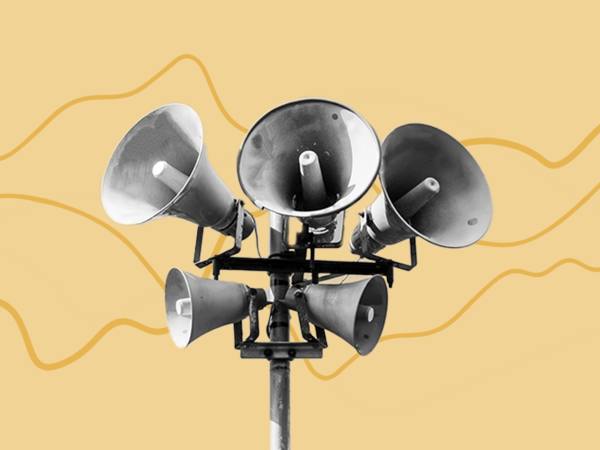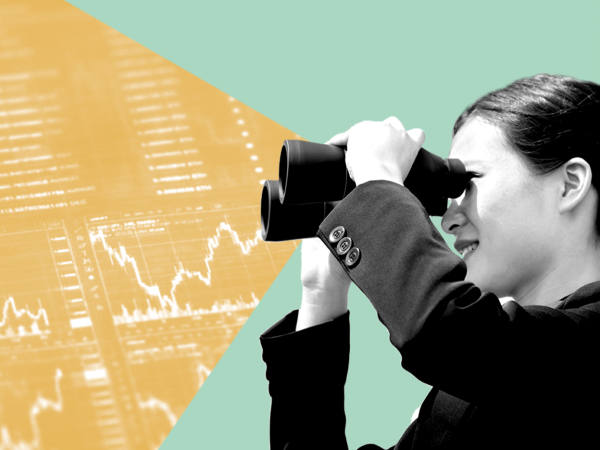- Federal Reserve confirms that tapering is not on the agenda
- FTSE100 edges back above 7,000 level, Wall Street expected to open positively
- More US Big Tech blow out results
The Federal Reserve remains resolutely firm. Jay Powell reiterated that the central bank is not even close to talking about tapering bond purchases, a move that would begin to unwind some of the extraordinary accommodation delivered in the wake of the pandemic. The Fed chair said the US economy is still a long way from achieving the progress required to dial back stimulus – over 8m jobs are still lost and that means we need several blowout jobs reports to get there. Powell also stressed that policymakers are not worried about inflation and think any price pressures will prove temporary. The Fed is doubling down here and sticking to its guns. Advance GDP numbers due to today should show the US economy roaring back.
All this should be a green light for stocks, but the markets are wary right now as they tread record highs and all this stimulus is priced in and the macro outlook well understood. The US 10-year bond yield moved to test the 1.65 per cent level. US stock markets closed marginally lower, though the small cap Russell 2000 managed to eke out a small gain. Futures point to solid gains for Wall Street later today when the cash equities open. European stock markets tare largely higher in early trade today, with the FTSE 100 popping its head above 7,000 again on a raft of largely positive corporate updates.
Apple reported another stunning quarter, with sales soaring from last year and a fresh round of buybacks. The company raised the dividend by 7 per cent to $0.22 per share and announced a $90 billion in share buybacks. Apple revenues grew more than 50 per cent year-on-year, with total sales of $89.58bn vs around $77bn expected. EPS came in at $1.40 vs $1.00 expected. At all levels we can see Apple outperforming even the most bullish expectations. The core iPhone business saw sales up 65 per cent to $47.94 billion vs. $41.43 billion estimated. This was stunning – the iPhone remains the golden goose and way in which consumers become part of the Apple ecosystem. Services – a higher margin business that includes things like the Cloud, App Store, Apple Music – grew revenues by 26.7 per cent. Revenues in China rose 87 per cent - albeit this was in comparison to a quarter last year in which China was most affected by the pandemic. Shares rose 2 per cent in the after-hours market. A really exceptional quarter – it’s not a surprise that it exceeded quite a low bar, but noteworthy just by how much.
Facebook shares advanced 6 per cent in after-hours trading as the company reported posted forecast-beating revenues and earnings. However, the company warned investors that growth could slow as new Apple privacy policies would make it harder to targe ads on social media. I’m fairly used to Facebook using earnings calls to warn that rates of growth could slow in future, and I think investors are too. Earnings per share came in at $3.30 vs $2.37 expected on revenues of $26.17bn, which were about $3bn more than expected and up 48 per cent on a year before. Net income rose 94 per cent to $9.5bn. Average revenues per user came in at $9.27 vs. $8.40 expected.
BT confirmed it is looking to sell its TV business. This has been a long time coming – the vast sums BT paid to secure football rights was always at odds with the core business. In a statement responding to press speculation, the company says “early discussions are being held with a number of select strategic partners, to explore ways to generate investment, strengthen our sports business, and help take it to the next stage in its growth”. Whilst clearly the pandemic has badly hit sport, BT has never set too well in the content space; there are many with deeper pockets who do content. Ballooning costs left BT paying a hefty bill for sports that wasn’t being covered. It’s further evidence of chief executive Philip Jansen ripping up the Gavin Patterson era playbook to focus squarely on the Openreach rollout and modernise BT.
Shell raised its dividend after beating expectations thanks to higher oil prices and improved margins in its chemicals business. Adjusted net income rose 13 per cent from a year before. Net debt fell $4bn. Meanwhile French firm Total said profits are back to pre-pandemic levels as adjusted net income hit $3bn, higher than the pre-crisis first quarter of 2019.
Unilever shares rose over 2 per cent as the company announced it will commence a €3bn share buyback scheme next month after a 5.7 per cent jump in sales in the first quarter. Most (4.7 per cent) came from higher volume, with just 1 per cent from stronger pricing. For 2021 Unilever stuck to its target of underlying sales growth to be within 3-5 per cent, with the first half at around the top of this range. Management also pointed to additional supply chain costs, with rising commodity and freight prices a factor as margins are seen declining a touch in the first half before picking up later in the year. Ongoing covid restrictions in some areas of the world continued to support in-home sales, whilst the slackening of restrictions in some geographies boosted out of home sales. Mayonnaise and ice cream were strong sellers. India and China both posted strong double digit growth against a backdrop of strict lockdown measures which impacted the prior year.
NatWest reported Q1 2021 operating profit before tax of £946 million and an attributable profit of £620 million. This was boosted by the reversal of provisions for bad loans as government support schemes reduced the amount of loan delinquency banks had anticipated. NatWest booked at net impairment credit of £102m. But shares fell as the total income was a slight miss, coming in at £2.66bn vs £2.7bn expected. Net interest margin fell 2bps to 1.64 per cent. Shares declined more than 3 per cent in early trade. Standard Chartered continued the run of positive news from the large banks as it recorded underlying pre-tax profit rising 18 per cent to $1.4bn as lower impairment charges and strong cyclical recovery in the global economy offsetting lower interest margins. Return on tangible equity rose 220bps to 10.8 per cent and management reaffirmed their view that income will start growing again in the second half of the year and for impairment charges to reduce significantly.
Smith & Nephew shares rose 6 per cent to the top of the FTSE 100 after reporting Q1 revenue up 6.2 per cent on an underlying basis (11.5 per cent% reported) to $1.264bn. This included 3.4 per cent from foreign exchange and 1.9 per cent from acquisitions, whilst the quarter also included two more trading days than the equivalent 2020 period.
Neil Wilson is chief markets analyst at Markets.com









